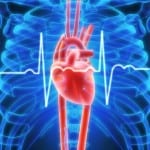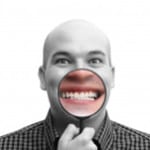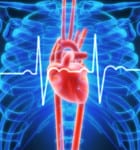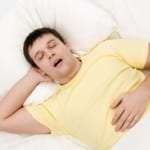 Thousands of people all over the UK suffer from sleepless nights and here at City Dental Leeds, we are determined to do something about this and enable our clients to enjoy a restful night’s sleep every night. Sleeping disorders require careful management and we are on hand to help you snooze peacefully!
Thousands of people all over the UK suffer from sleepless nights and here at City Dental Leeds, we are determined to do something about this and enable our clients to enjoy a restful night’s sleep every night. Sleeping disorders require careful management and we are on hand to help you snooze peacefully!
Types of sleeping disorder
There are many different types of sleep disorder, which affect your ability to get to sleep, stay asleep or breathe during sleep. Sleep is so important because it affects your concentration, your mood, your energy levels and your physical health and a lack of quality sleep can have very severe implications, not just for your health, but also your relationships, your performance at work and your general wellbeing.
Common types of sleep disorder include snoring and insomnia, while less common examples include sleep apnoea, restless legs syndrome and narcolepsy.
Battling snoring
Snoring is an extremely common problem and often, it affects the people who sleep around you. If you snore on a regular basis and you’re fed up of people moaning that they can’t sleep or they’ve been woken up, we are here to help. We can provide lifestyle advice, as well as devices to ensure that the airway is open while you sleep and we can also help to deal with issues related to teeth grinding.
Many of the risk factors for snoring may also contribute to insomnia and we can help you to overcome these issues and make simple changes to your lifestyle to help you sleep.
If you have sleep problems, don’t suffer in silence; call us to arrange a consultation and we will do our best to determine the cause and find suitable and effective solutions.















